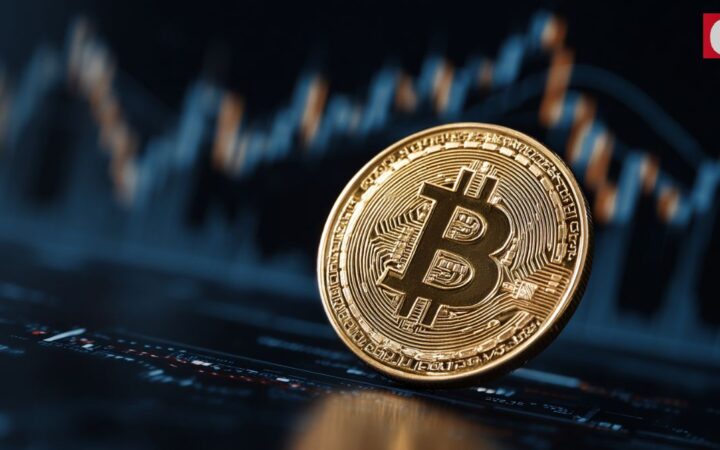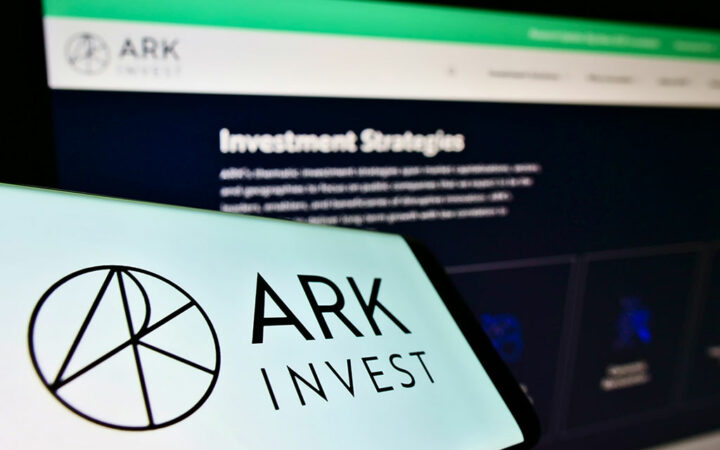
Representatives of the so-called millennial generation are approaching their mid-thirties, being the single largest segment of home buyers in America. This, undoubtedly, represents a huge opportunity for the mortgage industry.
Couple this with the fact that the American housing market (which currently stands at $26 trillion) is the largest asset class in the world – even bigger than the U.S. stock market – and it’s clear that there is certainly a huge wealth of opportunity within this sector.
However, in the current climate, reaching this large pool of potential homeowners is proving to be a struggle.
Millennial Borrowers vs. Previous Generations?
Millennials operate differently from the older generations, which results in the fact that reaching them requires different tactics.
There are many things that differ millennial borrowers from baby boomers. Despite the fact that many millennials weren’t fully exposed to technology until their teenage years (remember, the first iPhone wasn’t released until June 2007), there is no doubt that they have now fully welcomed it into their daily habits.
The way millennials search for the right mortgage has changed significantly – these people are demanding more transparency, more simplicity, and more lender options to choose from. For instance, instead of calling up an estate agent, asking their friends for advice on the best way to get a mortgage, or visiting a bank, they are far more likely to head straight to Google and find all the answers there.
For the context, new federal rules made a significant number of big US banks like JPMorgan Chase, Wells Fargo, and Bank of America withdraw from the mortgage market. Meanwhile, there is the rise of non-bank lenders, who are now dominating the industry. One such example is Quicken Loans – a company that is a part of a group of lenders (many of them online only) that have helped over 2 million families finance their homes, according to their website.
There are also a number of hurdles that millennials have to overcome, that previous generations did not even have to worry about. In particular, this is the huge student debt burden that a significant proportion of millennials are struggling with. Such debt negatively affects their credit scores, making it very difficult to get a mortgage loan, as a result. If to take into account quite a complicated procedure of applicant’s financial history examination, only the lucky few manage to get a loan avoiding nerve-wracking.
Shaking Up the Market with Blockchain Technology
With the rise in new technology over the past few years, the time has finally come to shake up the market even more. In particular, through the implementation of blockchain technology.
Blockchain companies like Homelend are using a unique peer-to-peer crowdlending model to help aspiring homeowners to buy a place of their own. It is hoped that this model will allow individuals to be assessed when applying for a loan on more fair grounds.
The Homeland platform offers mortgage specific loans that are crowdsourced according to the actual property price. If the cap is not reached, the user will not receive any money and it will be returned to the lenders. When a loan is approved, and this cap is reached, the property is held as collateral by the platform until the loan is fully repaid to all lenders. If the funds are not repaid, Homelend will forfeit the property and return all funds to the original lenders. By using machine learning and artificial intelligence, the platform will function as a system based on a broad pool of information and sophisticated assessment criteria.
Celcius is another company trying to make peer-to-peer lending a more viable option. It encourages its users to leverage their social network to create a digital credit score and learn how to earn interest from loaning money to their peers, or to receive loans with much lower interest rates than traditional banks. It is believed that such a system will provide the millennial generation with increased access to the support they need finally granting them access to the housing market.






